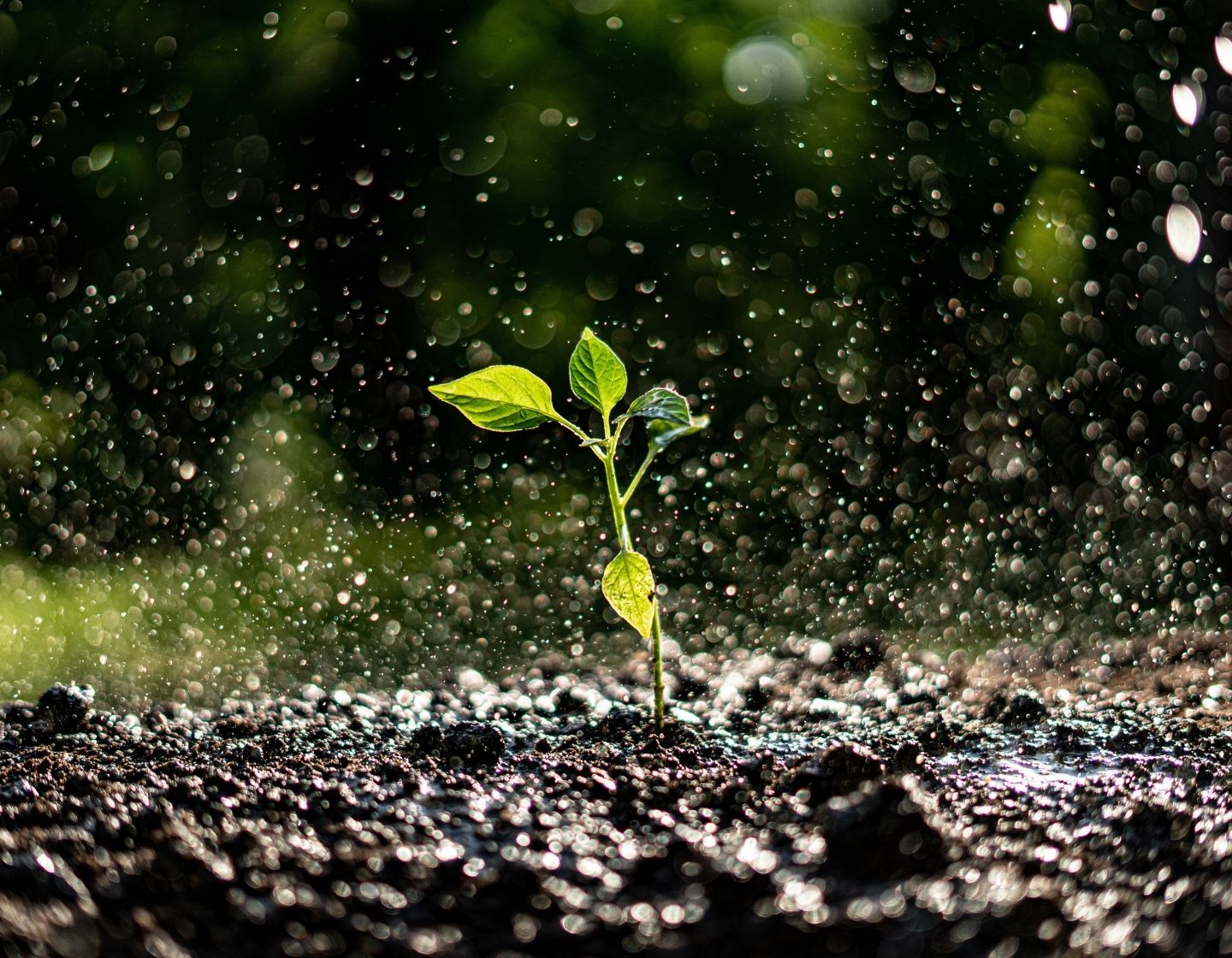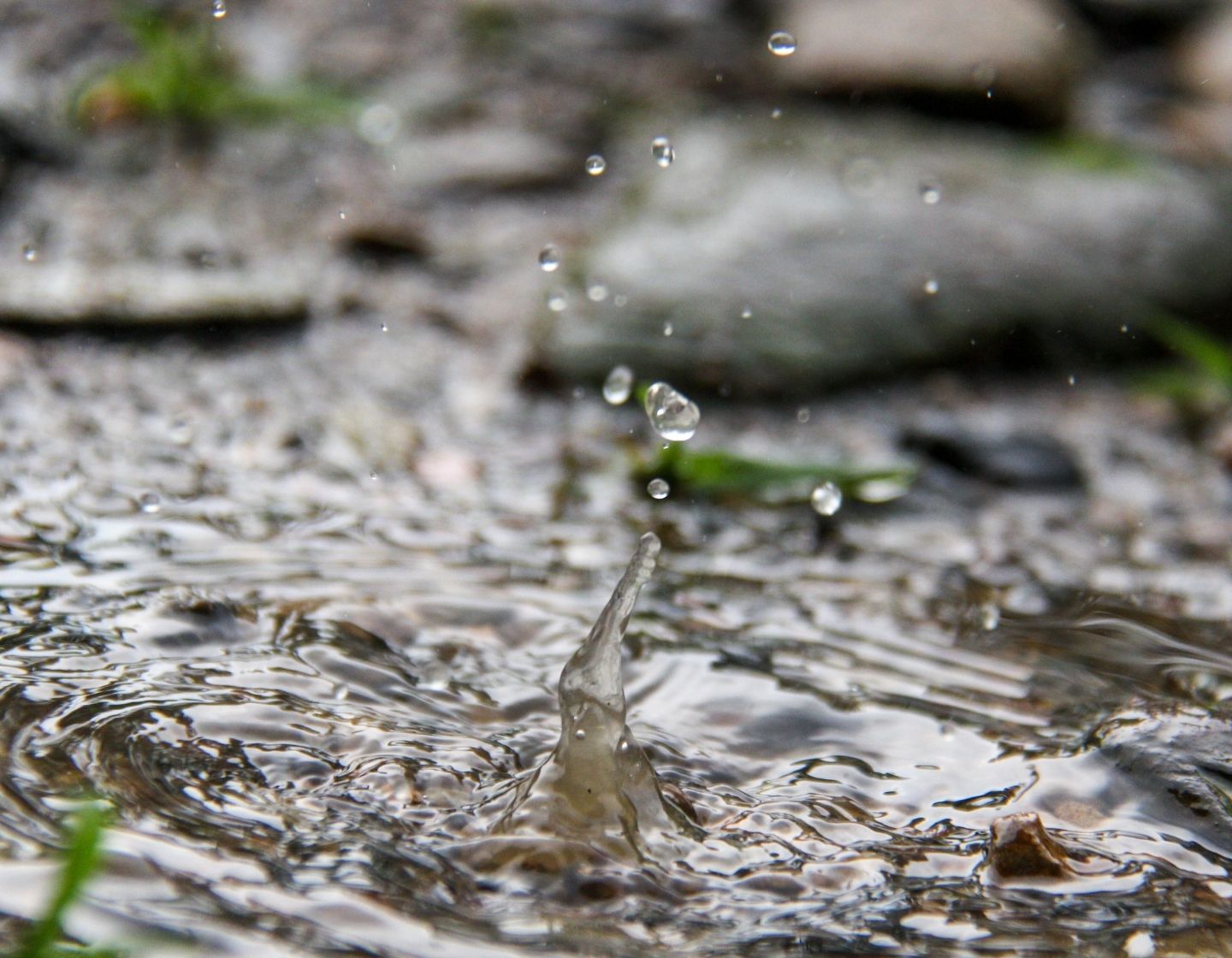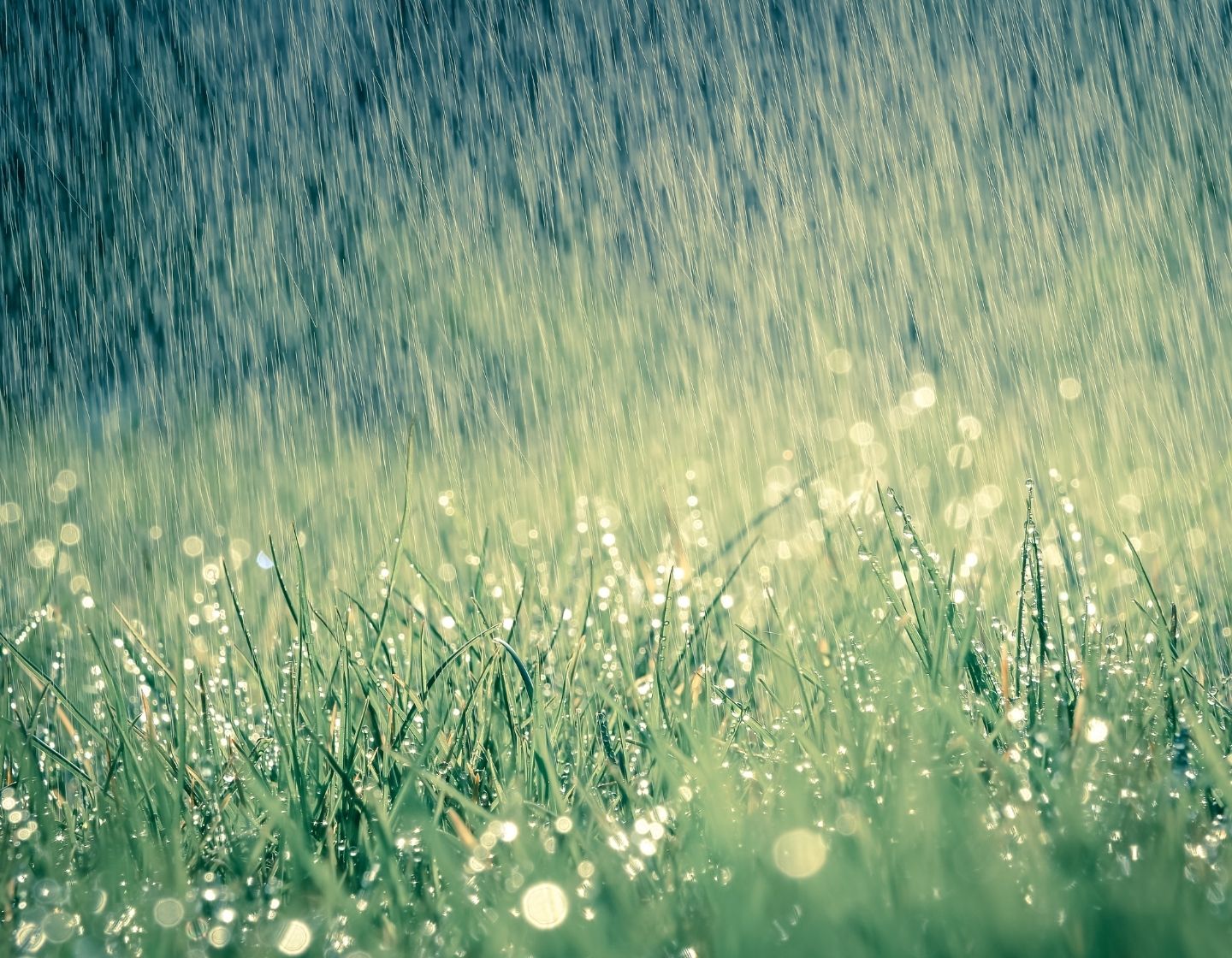World Water Day | What is groundwater and why should we care about it?
World Water Day falls on the 22nd of March every year. It was first launched in 1993 by the United Nations Observance to celebrate water and raise awareness of the 2 billion people across the globe who are living without access to safe water. This year, the theme is groundwater.
Water isn’t a finite resource and it was only in 2020 that the House of Commons public accounts committee revealed that Britain’s taps could run dry in 20 years if we fail to use it sustainably. Therefore, it’s time to reconsider how we use our supplies and especially how we use groundwater.
How does our water consumption affect the environment? Find out here.
What is groundwater?
Groundwater may be invisible, but it is all around us! Most rainfall falls into the soil and is soaked up like a sponge in the unsaturated zone. Some of the water will be consumed by the plants above it through a process called transpiration. However, the surplus of rainfall and snowfall trickles further down through the water table and into the saturated zone.
This is known as groundwater! It is water from rainfall and snowfall that is contained and flows in between permeable rocks underground in the saturated zone. These permeable rocks are called aquifers.
Fun fact: the amount of time that groundwater remains in aquifers is called its residence time, which can vary greatly from a few days to thousands of years.
Groundwater makes up 99% of all freshwater that isn’t frozen and it provides half of the world’s population with drinking water. For 2.5 billion people, it is their only source of fresh water. It also provides 40% of irrigation water and a third of the water supply for the industrial sector.
Groundwater is responsible for feeding springs, rivers, lakes and wetlands. However, it can also be extracted through pumps and wells. Even in dry conditions, it replenishes the Earth. It will play a crucial role in helping us adapt to climate change, but we must learn to utilise it and manage it sustainably.

Why is groundwater important?
As you’ve learnt, we rely on groundwater for our survival and learning to use groundwater sustainable will help us adapt to climate change. Through the months of little rainfall, groundwater maintains the water level and flows into rivers, lakes and wetlands, providing wildlife and plants with the resources they need.
However, it is being over-used all over the world. In 2015, NASA discovered that many of the world’s biggest groundwater aquifers are becoming exhausted faster than they can be replenished. It is most serious in India, which relies on groundwater for most of its food production but 54% of the wells are drying up.
In addition, groundwater can become polluted by human activity. Pollutants and toxins from various spaces such as landfills, septic tanks, pesticides and fertilisers can sink into the groundwater. Nitrate is the most common contaminate of groundwater resources worldwide. Fracking can also be a contributor to pollution. Through the process of extracting oil and gas from underground rock, chemicals are injected into the rocks which break apart and release fossil fuels while polluting nearby water supplies.
As groundwater is essentially invisible, we are often unsure of the power beneath our feet and unaware of the damage we are causing. But groundwater pollution can take centuries to recover, which is why we must learn to use it sustainable before it is too late.

What can we do to protect groundwater?
Groundwater governance is the most important part of addressing groundwater shortages and pollution. This would involve framework and investment in structures that explore, analyse and monitor groundwater to enhance acquirer recharge and harvest rainwater to improve food security, human health and biodiversity. Think of it as ‘water banks’ where water can be stored for drier days.
The framework should also manage the use of groundwater to ensure that we don’t pump out too much at once, which would cause wells to dry up as they could not replenish themselves in time.
We wouldn’t leave you there though – with our support, you can help protect groundwater resources too!
Conserving water at home, at work and on the go means that less groundwater will need to be pumped, ensuring precious resources will be available for longer and in times of need. Sustainable use will help us sustain ecosystems and continue to provide water to homes all over the globe for years to come.
Furthermore, being careful of how you dispose of chemicals in your cleaning products or garden fertiliser, for example, will prevent the pollution of groundwater. By choosing biodegradable and compostable products, we are stopping harmful material from polluting landfill and leaking into aquifers.
5 top tips to conserve water:
- Don’t leave the taps running at home while you are brushing your teeth or washing the dishes – this could save you 9 litres of water each time!
- Install a water butt to water your garden with natural rainwater free of chemicals. The planet could save billions of litres of water if more people invested in a water butt.
- Have a quick shower instead of a bath to save 40 litres of water each wash. Discover how a hansgrohe EcoSmart Hand Shower could reduce your carbon footprint.
- Check for leaks around the house. By using a water displacement bag, you could save thousands of litres of water a year just by reducing the amount of water you flush with.
- Reduce the amount of food you waste as agriculture and food production is one of the most thirsty human practices. Learn to reduce food waste.

Learn to conserve water at home
World Water Day is an important occasion to raise awareness of groundwater and encourage us to share our knowledge and inspire change! To help you be a part of positive change, read our top 10 easy water saving tips.
